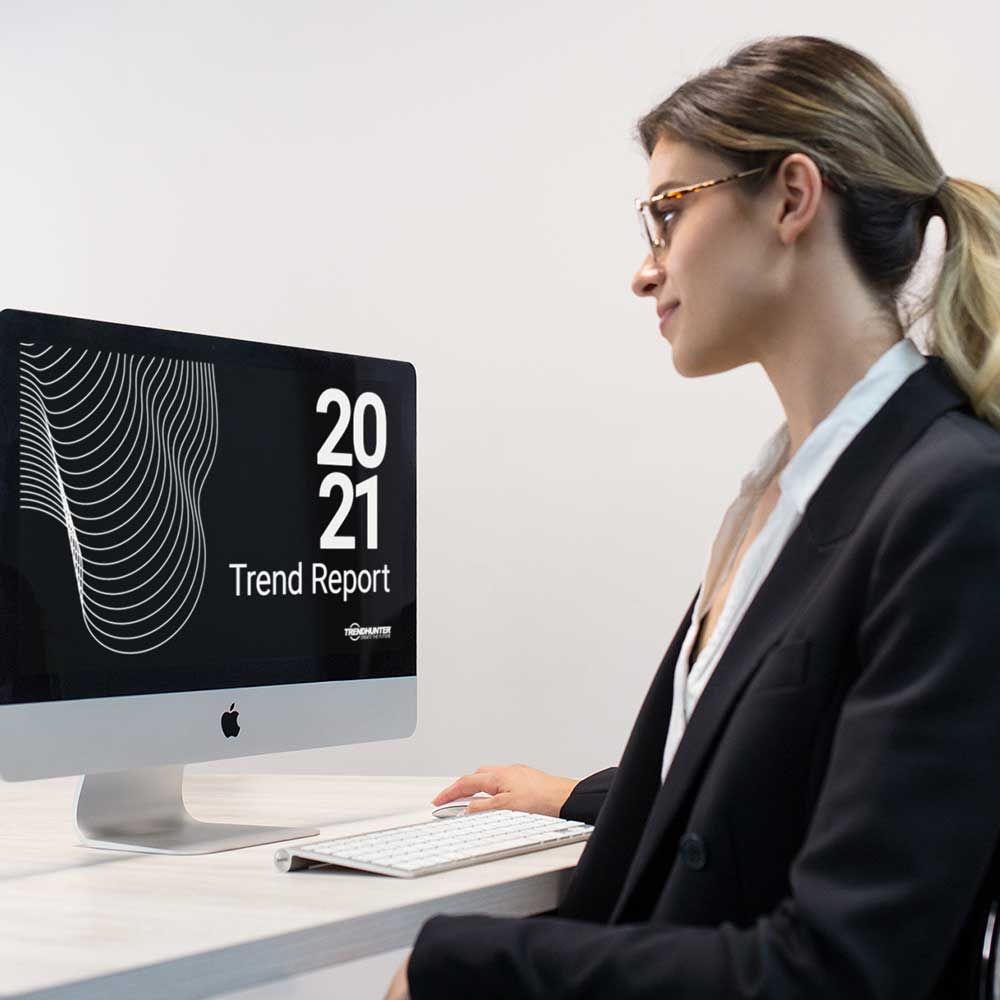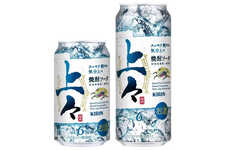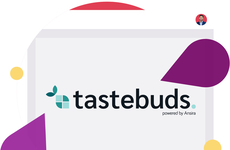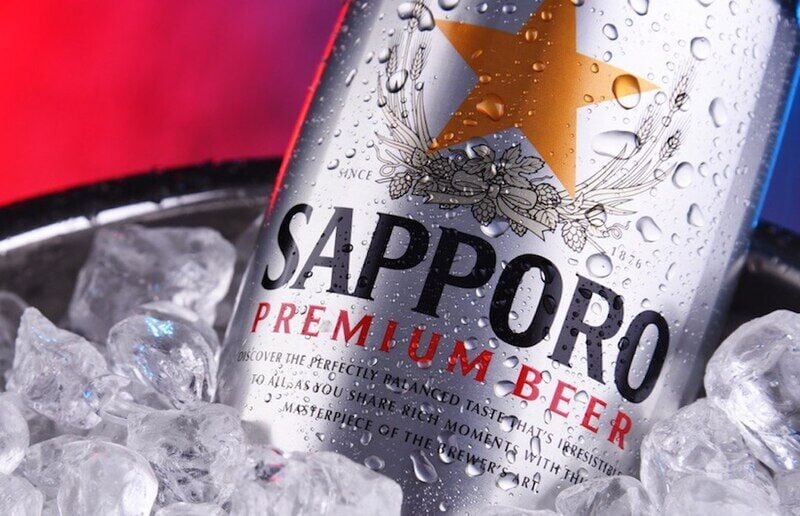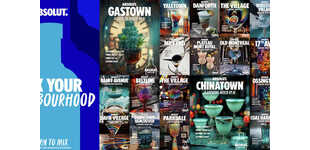
Sapporo Taps IBM To Help Develop a New Generative chūhai Model
References: dreamstime & designtaxi
Japan's Sapporo libation company has been a staple beer brand in the country, known for its chūhai canned cocktail. It was previously limited to a lemon flavor and has since grown to include lime, grapefruit, cream soda, peach, apple, and orange. Now, the company broadens its horizons even further by working with IBM to include a new type of mixologist that is rooted in artificially intelligent technology.
Together, the two test out different recipes and combinations, which originally would take humans about six months to conduct. The model is able to access 170 of Sapporo's products, 700 ingredients, and 1,200 recipes. Soichi Sakashita at the Sapporo unit Sapporo Breweries through Nikkei Asia notes that “Theoretically, the system can produce over one trillion combinations."
Image Credit: Monticello
Together, the two test out different recipes and combinations, which originally would take humans about six months to conduct. The model is able to access 170 of Sapporo's products, 700 ingredients, and 1,200 recipes. Soichi Sakashita at the Sapporo unit Sapporo Breweries through Nikkei Asia notes that “Theoretically, the system can produce over one trillion combinations."
Image Credit: Monticello
Trend Themes
1. AI-created Cocktails - The emergence of AI-assisted cocktail creation creates opportunities for product differentiation and personalized consumer experiences in the beverage industry.
2. Generative Mixologist Models - The use of generative models and AI technology to create tailored and complex drink recipes has significant disruptive innovation potential for the food and beverage industry.
3. Automated Recipe Development - The development of automated recipe generators and AI-assisted mixology tools for alcoholic beverages provides cost-efficient solutions and faster product iteration for beverage companies.
Industry Implications
1. Beverage Industry - The rise of AI-generated cocktails can transform the traditional cocktail consumption experiences and create opportunities for new product development and competitive differentiation in the global beverage industry.
2. Food Tech Industry - AI-assisted recipe and drink creation tools can provide opportunities for companies in the food tech industry to offer cutting-edge solutions that solve supply chain constraints, improve production efficiency, and enhance customer experiences.
3. Hospitality Industry - AI-powered mixology tools and generative models can offer significant benefits to the hospitality industry by improving operational efficiency, reducing costs, and enhancing customer satisfaction through personalized drink offerings.
4.4
Score
Popularity
Activity
Freshness
